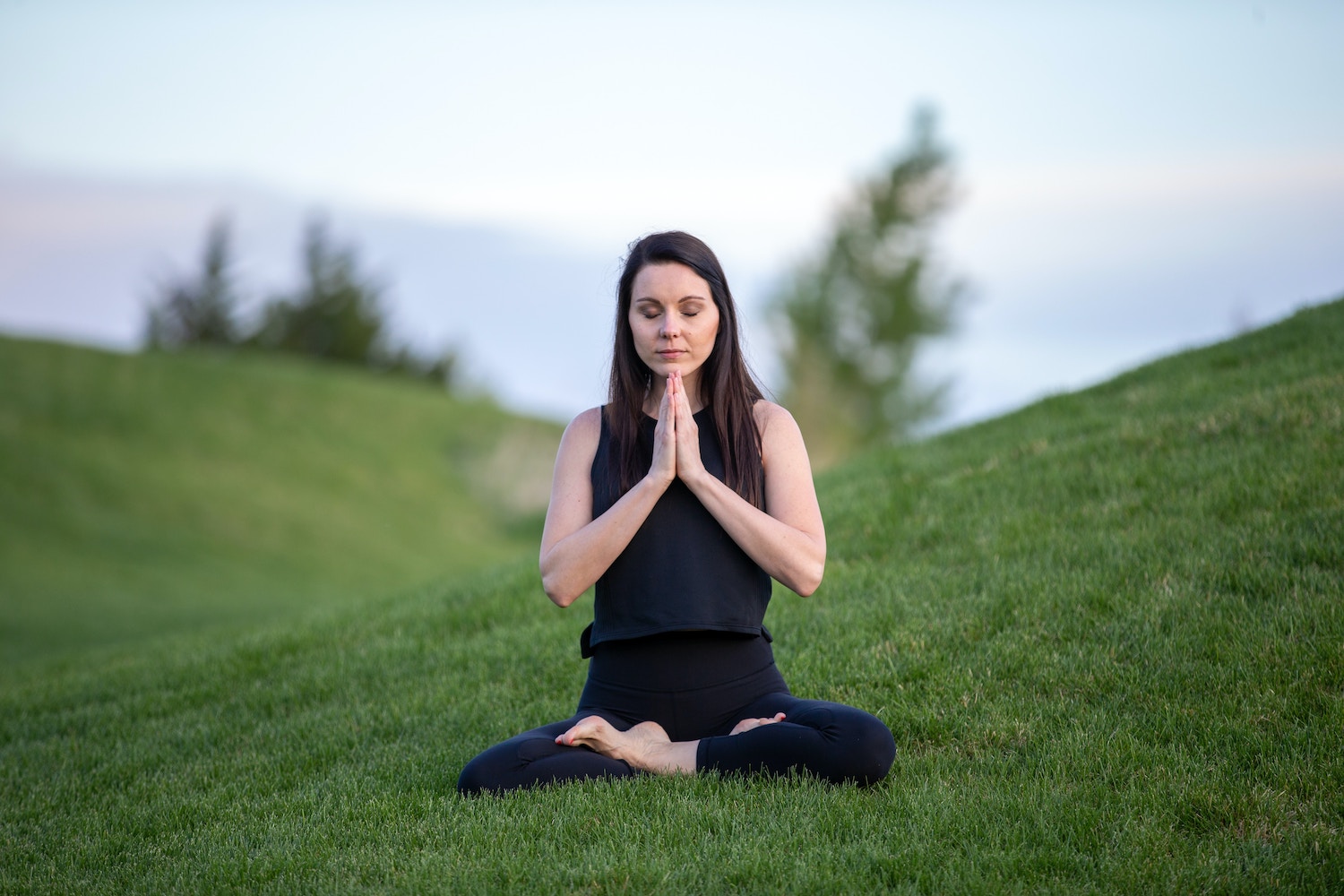In today’s fast-paced world, it’s no surprise that many of us experience stress and anxiety at some point in our lives. While these feelings are common, managing them is essential for our mental and physical well-being. While professional help and medication may be necessary for severe cases, there are several natural remedies that can effectively alleviate stress and anxiety. In this article, we’ll explore some of these remedies and what really works to bring you peace and relaxation.
1. Mindfulness Meditation
Mindfulness meditation is a practice that involves focusing your attention on the present moment without judgment. It can reduce stress and anxiety by promoting relaxation and self-awareness. Regular mindfulness meditation sessions, even as short as 10-15 minutes a day, can significantly reduce anxiety levels over time.
2. Deep Breathing Exercises
Deep breathing exercises, such as diaphragmatic breathing or the 4-7-8 technique, can help calm your nervous system. These exercises activate the body’s relaxation response, reducing the fight-or-flight response associated with anxiety. Practice deep breathing whenever you feel stressed or anxious.
3. Yoga
Yoga combines physical postures, breath control, and meditation to promote relaxation and reduce stress. Regular yoga practice can improve flexibility, balance, and mental well-being. It’s an excellent way to alleviate anxiety and promote overall health.
4. Herbal Teas
Certain herbal teas like chamomile, lavender, and valerian root have natural calming properties. Sipping on a warm cup of herbal tea can be soothing and help reduce anxiety. These teas can be enjoyed throughout the day or before bedtime for better sleep.
5. Aromatherapy
Aromatherapy involves the use of essential oils to promote relaxation and reduce stress. Oils like lavender, bergamot, and frankincense are known for their calming effects. You can use essential oils in a diffuser, add a few drops to your bath, or dilute them with a carrier oil for a calming massage.
6. Regular Exercise
Exercise is a natural stress reliever. Physical activity releases endorphins, which are natural mood elevators. Aim for at least 30 minutes of moderate exercise most days of the week to reduce stress and anxiety.
7. Healthy Diet
A well-balanced diet rich in fruits, vegetables, whole grains, lean proteins, and healthy fats provides the body with essential nutrients for optimal brain function. Avoid excessive caffeine, sugary foods, and alcohol, as they can worsen anxiety symptoms.
8. Lavender and Epsom Salt Baths
Taking a warm bath with Epsom salts and a few drops of lavender essential oil can relax your muscles and calm your mind. The warm water and soothing scent of lavender can provide instant relief from stress and anxiety.
9. Progressive Muscle Relaxation
Progressive muscle relaxation involves tensing and then relaxing different muscle groups in your body. This technique helps release physical tension and promotes relaxation. Practice it regularly to reduce stress.
10. Social Support
Spending time with loved ones and talking about your feelings can provide emotional support and reduce stress. Don’t hesitate to reach out to friends, family, or a therapist when you need someone to talk to.
11. Limit Screen Time
Excessive screen time, especially on social media and news websites, can contribute to anxiety. Set limits on your screen time and engage in activities that don’t involve screens, such as reading, crafting, or outdoor activities.
12. Sleep Hygiene
Quality sleep is crucial for managing stress and anxiety. Maintain a regular sleep schedule, create a comfortable sleep environment, and practice relaxation techniques before bedtime to improve your sleep quality.
It’s important to note that what works for one person may not work for another. It may take some trial and error to find the natural remedies that are most effective for you. Additionally, if your anxiety is severe or persistent, consider seeking professional help from a therapist or counselor who can provide guidance and support.
Incorporating these natural remedies into your daily routine can help you better manage stress and anxiety. By taking proactive steps to care for your mental well-being, you can experience greater peace, balance, and overall happiness in your life. Remember that self-care is an essential part of maintaining good mental health, so make it a priority in your daily life.




